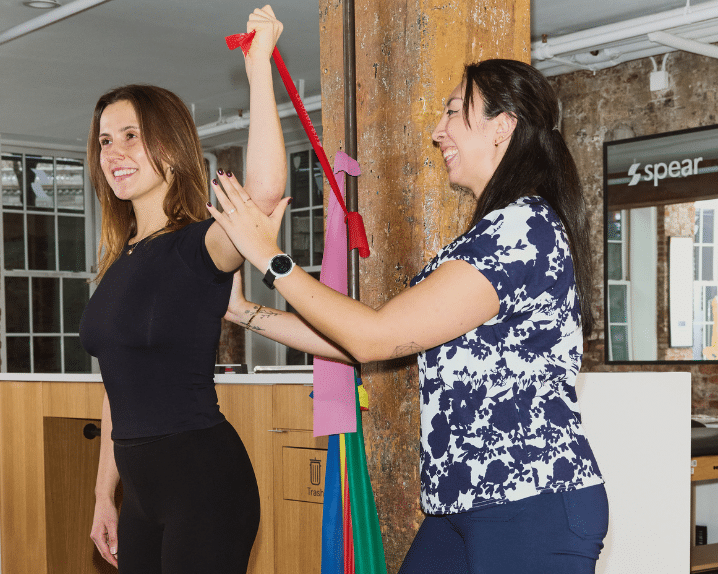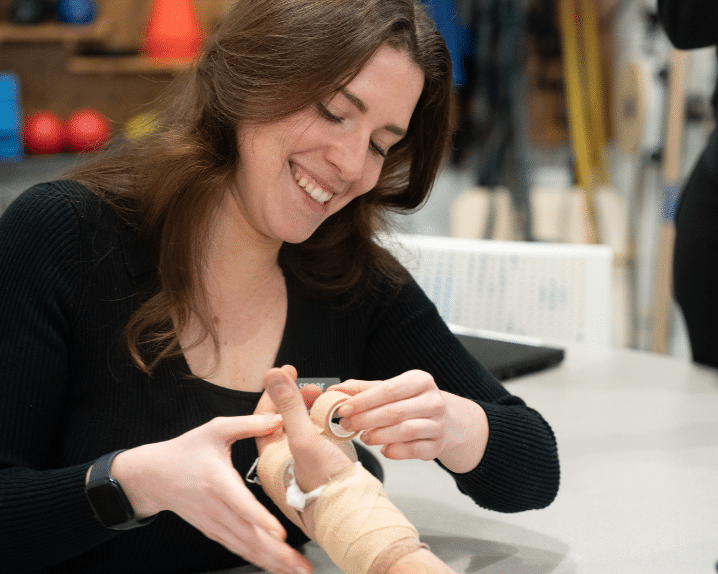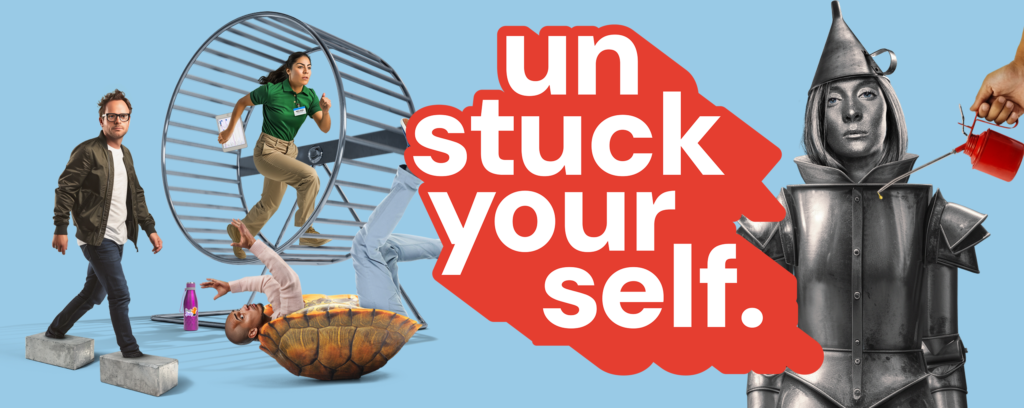Frozen Shoulder is defined as restricted shoulder movement accompanied by pain. Caused by the thickening of the connective tissue capsule that surrounds the shoulder joint, it can result from injury, trauma, arthritis, or simply keeping the shoulder still for too long, though sometimes there is no known cause.
A frozen shoulder develops over 3 stages:
Stage 1: Freezing
- Pain from any movement of the shoulder. This stage typically lasts for 2-9 months.
Stage 2: Frozen
- The shoulder becomes stiff and dull, making it more difficult to move and use. This stage lasts from 4-12 months.
Stage 3: Thawing
- Decreased pain in the shoulder and the return of joint motion and strength.
Common Signs & Symptoms
- Pain in conjunction with shoulder movement
- Restricted movement of the shoulder
- Pain during the night
- General muscle weakness
- Difficulty reaching your arm overhead or behind your back.
How Will Physical Therapy or Occupational Therapy Help?
During Physical/Occupational Therapy sessions, you will:
- Restore mobility through prolonged stretching of the shoulder capsule.
- Manage pain through the positioning of the arm, the use of heat, and soft tissue mobilization.
- Strengthen the postural muscles and rotator cuff muscles for increased stability, strength, and pain management.
- Learn to modify daily activities, position the shoulder to reduce pain, and continue exercise at home.





